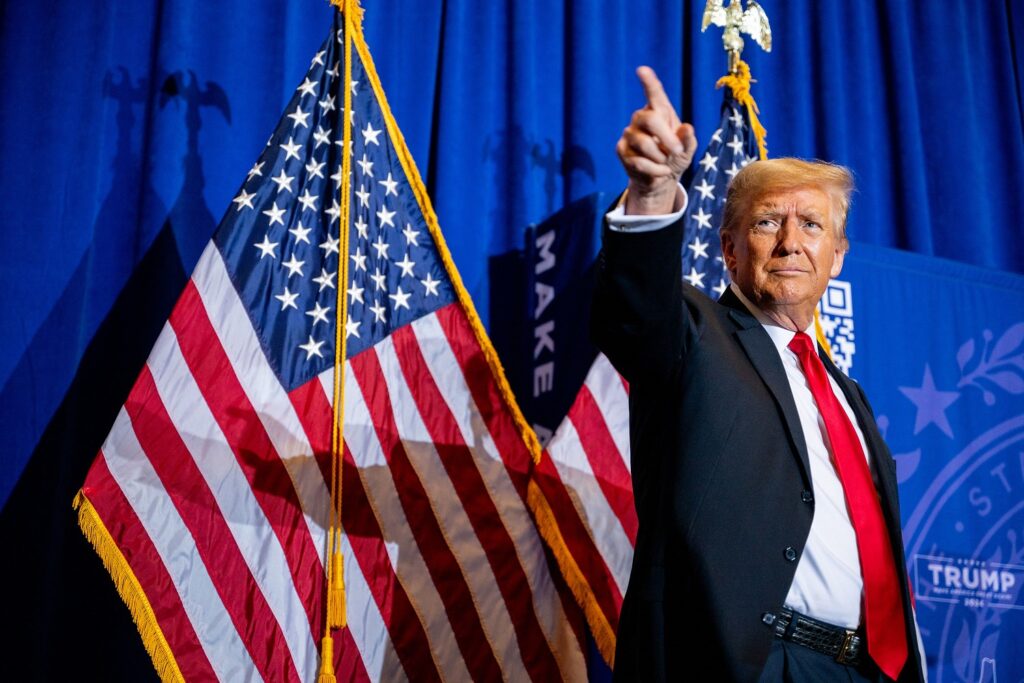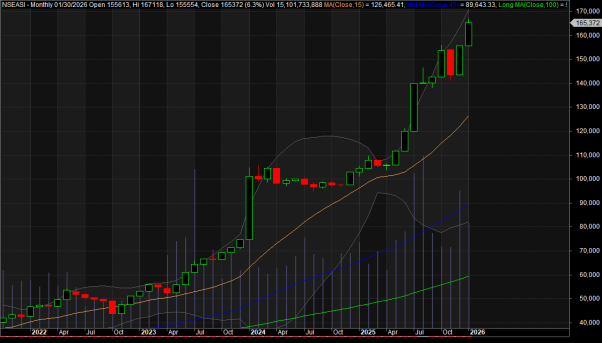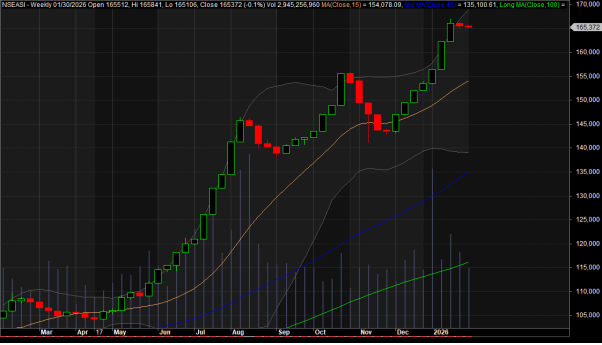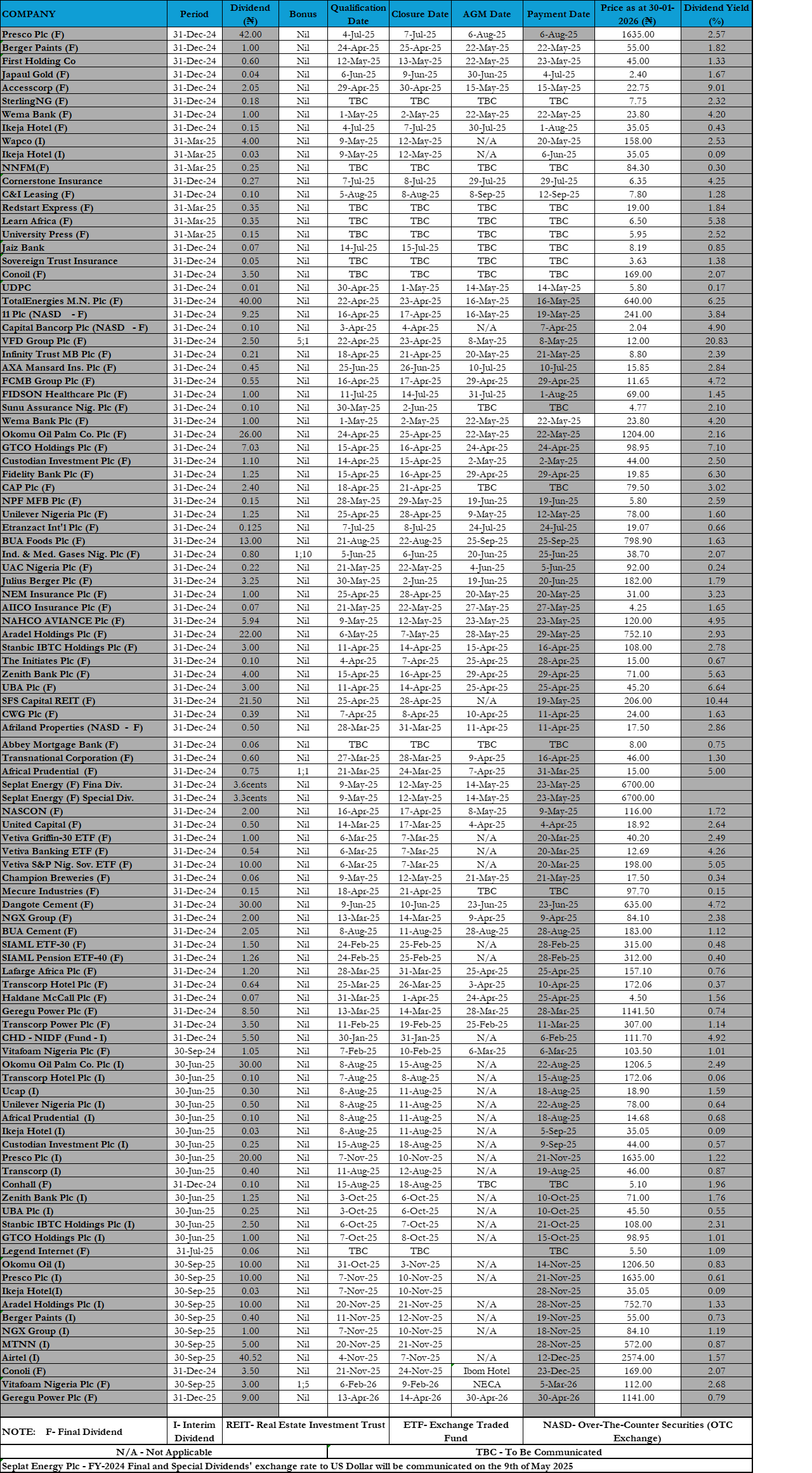
A clause tucked into President Trump’s latest budget bill could prove deeply destabilizing for markets and US industry, warns Nigel Green, Chief Executive Office of deVere Group, one of the world’s largest independent financial advisory and asset management organizations.
Section 899, passed last week by the House of Representatives, would give the US authority to impose heavier taxes on businesses and investors linked to countries it deems to have hostile or discriminatory tax practices.
Nigel Green says: “The measure risks detonating investor confidence and could set off a damaging pullback of foreign capital just as the US needs it most.
“It punishes the very people whose capital keeps American businesses growing, whose investments fund US debt, and whose companies are employing millions of US workers.
“If Washington wants to repel foreign investment into America, this is exactly how to do it.”
The scope of the provision is far-reaching. It targets not only international firms with a US presence but also foreign investors in American equities and corporate bonds.
It also removes tax exemptions long enjoyed by sovereign wealth funds, which are key investors in US infrastructure and innovation.
The deVere CEO warns this could fuel a quiet but accelerating exodus from US markets.
“There’s already a shift underway—foreign investors are pulling back from Treasuries, equity inflows are cooling, and confidence is more fragile than policymakers seem to understand,” he explains.
“This bill pours fuel on that fire.”
Data from the Treasury shows that overseas investors have been reducing their exposure to US government bonds, with cumulative holdings down sharply over the past year.
Meanwhile, the US is issuing debt at an unprecedented pace, putting enormous pressure on the market’s ability to absorb the supply.
“The US government is relying on global capital more than ever to fund its deficit. But with this kind of legislation, they’re actively discouraging that capital from sticking around. It’s reckless,” says Nigel Green.
“This isn’t just bad timing, it’s strategic self-harm.”
The deVere CEO is particularly concerned about the potential fallout for American jobs and competitiveness.
Foreign multinationals account for a major share of US employment in key sectors like automotive, pharma, and tech—many of which are located in parts of the country that have benefited from cross-border investment for decades.
“Let’s be clear: this won’t dent bureaucrats in Paris or Seoul—it will hurt factories in Ohio, research hubs in Texas, and small businesses in the Midwest that rely on international partnerships,” notes the deVere chief executive.
“This is about weaponizing tax policy in a way that risks backfiring on American workers.”
He also warns that the measure may provoke countermeasures from key trading partners—something markets are ill-prepared to digest.
“Other countries won’t sit idle while their firms and funds are penalised. They will respond. This means potential tax retaliation, trade frictions, and further fragmentation of an already fragile global economic order.”
He believes the bill contradicts the broader economic goals the administration says it’s pursuing—namely, job creation, reindustrialisation, and making the US more attractive for manufacturing.
“Investment doesn’t happen in a vacuum. It flows where it’s welcome. If the US signals it’s turning inward and becoming hostile to foreign capital, that money will find new homes.
“The consequences won’t be theoretical—they’ll be felt in payrolls, property markets, and capital costs.”
Nigel Green is calling for immediate reconsideration of the clause before it becomes law.
He concludes: “America’s strength has always come from its openness—its role as the go-to destination for global enterprise and investment. This budget clause sends the opposite message.
“It risks undoing decades of progress and deterring the very investment the economy needs most.”











